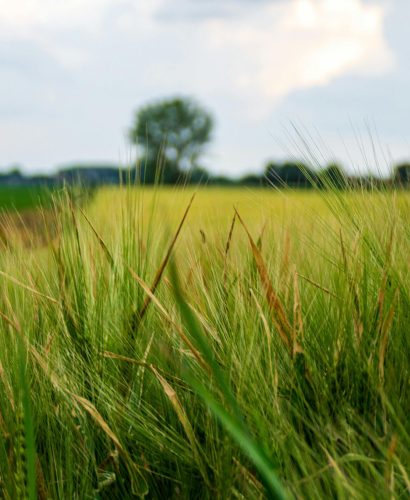Vastu For Agriculture
Vastu For Agriculture
Vastu Shastra is an ancient architectural science that extends beyond residential and commercial spaces to agriculture. When properly practiced in agricultural settings, Vastu Shastra can revitalize your farmland, attract positive energy, and harmonize your agricultural practices with the surrounding environment.
Vastu Shastra in agriculture involves the strategic planning and layout of farmlands, water sources, and buildings related to farming activities. By aligning these elements with natural forces, Vastu aims to enhance the quality of the soil, promote healthy crop growth, and create a balanced ecosystem on the farm.


The Benefits When You Follow A Vastu For Architectural
- Optimal Land Utilization: Vastu Shastra provides guidelines on the ideal placement of agricultural structures such as barns, storage facilities, and irrigation systems. Proper alignment and placement can enhance land utilization and efficiency.
- Improved Crop Yield: By adhering to Vastu principles, farmers can optimize the layout and orientation of fields to maximize exposure to sunlight and ensure better water drainage. This can lead to healthier crops and increased yields.
- Enhanced Soil Health: Vastu Shastra emphasizes the balance of natural elements, which can positively impact soil quality. Proper placement of water sources and waste management systems according to Vastu guidelines can prevent soil degradation and improve fertility.
- Efficient Water Management: Vastu principles suggest ideal locations for wells, ponds, and irrigation channels. Proper placement ensures efficient water management, reduces wastage, and improves water availability for crops.
- Reduction of Pest Infestation: Vastu Shastra includes guidelines for maintaining a clean and organized farm environment. Proper waste management and structural placement can help reduce the risk of pest infestations and diseases.
- Positive Energy Flow: Implementing Vastu principles can create a harmonious and balanced environment, which is believed to foster positive energy flow. This positive atmosphere can contribute to the overall success and well-being of the farm.
- Long-term Sustainability: Vastu Shastra promotes practices that support long-term sustainability and harmony with nature. By adhering to these principles, farmers can achieve sustainable agricultural practices that benefit both the environment and future generations.
- Increased Farmer Well-being: A well-designed and harmonious farm environment, as guided by Vastu Shastra, can contribute to the mental and physical well-being of farmers. This can result in improved focus, efficiency, and overall satisfaction with their work.

